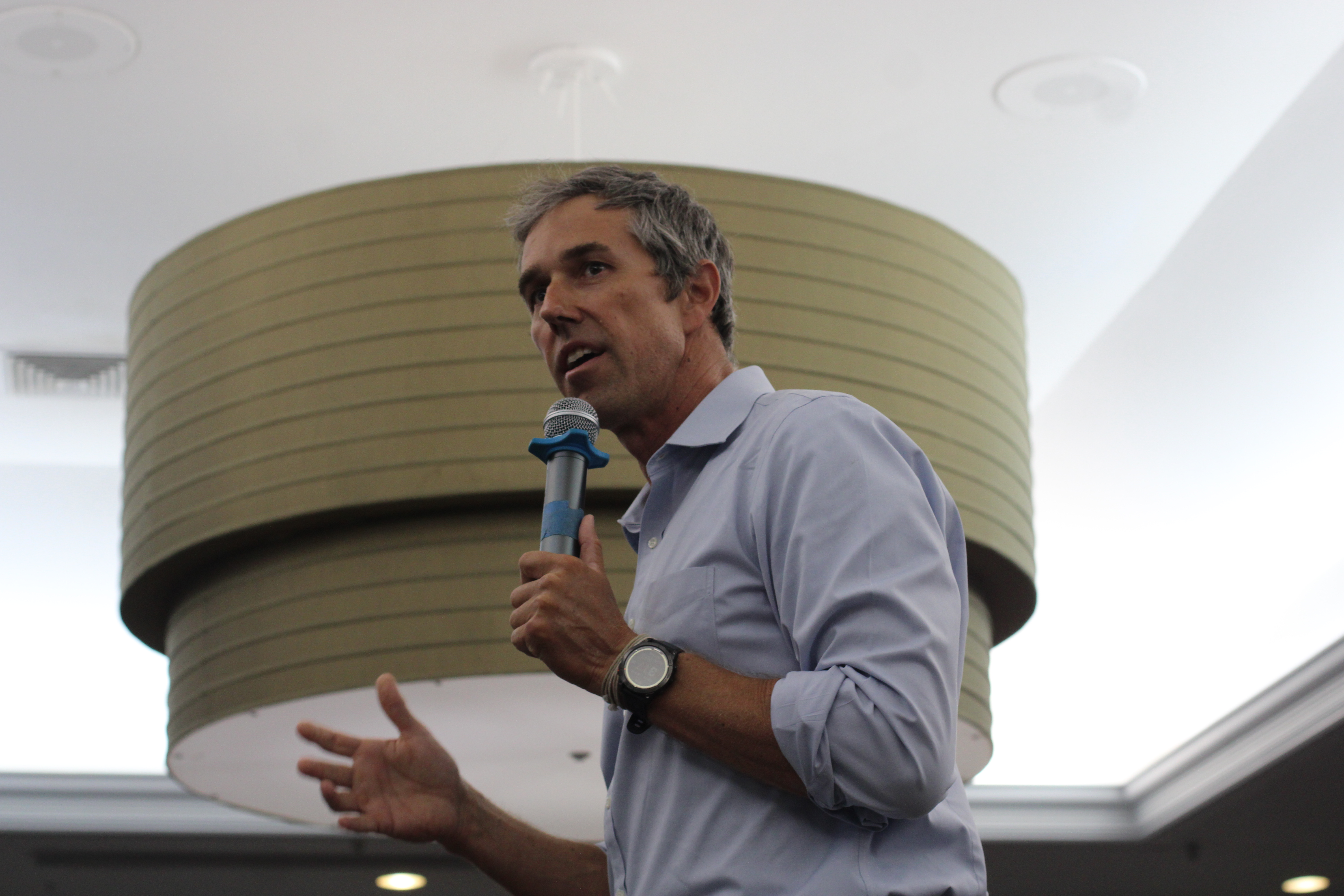Keep the holiday safe: fireworks and water safety tips for the Fourth of July
Published 5:35 am Tuesday, July 1, 2025
As the Fourth of July approaches, health professionals from UT Tyler and Christus Health are reminding the community about the importance of safety during the holiday, particularly when it comes to fireworks and water activities.
Each year, thousands of people — especially children and young adults — require medical attention for fireworks-related injuries during July 4th festivities. Many of these injuries result from attempts to use professional-grade, homemade, or illegal fireworks. Even seemingly harmless items like sparklers and small firecrackers can cause significant harm.
“The reality is that fireworks are explosives, and they should be treated as such,” said Hailey Evans, RN, at Christus Mother Frances Hospital. “No matter your age or experience, fireworks can be unpredictable. It’s important to remember that safety should always come first.”
The Consumer Product Safety Commission’s (CPSC) annual fireworks report found there were 11 deaths and over 14,700 injuries related to fireworks in the U.S. in 2024 — representing a 38% increase in deaths and a 52% rise in injuries compared to 2023.
“We have seen all sorts of injuries in our emergency room during the July 4 holiday, including children burned by sparklers, which burn… hot enough to melt some metals,” said Brittany Ray, RN, trauma services education and injury prevention specialist with UT Tyler. “The last thing anyone wants is for an injury to ruin their holiday, so we advise everyone to take simple steps to remain safe this Fourth of July.”
Nearly half of fireworks-related injuries involve bystanders, making it crucial for spectators to remain vigilant and maintain a safe distance of at least 30 feet. Common injuries include burns, cuts, contusions, and eye damage. Sparklers, which can burn between 1,000 to 2,000 degrees, and firecrackers have caused thousands of emergency room visits, posing particular dangers to children.
Evans also emphasized that if a firework does not ignite, it should not be re-lit. She suggests letting it sit for 15–20 minutes or dousing it in water to ensure there is no accidental discharge.
“Make sure you read the labels to understand what the appropriate age range for a particular firework is,” Evans said.
Evans further warned against using fireworks while consuming alcohol. “A sober adult who is responsible should be the only one handling fireworks,” she said. “If you’re drinking, leave the fireworks to someone sober or go to a professional display.”
To help prevent accidents, the following precautions are recommended for handling fireworks safely:
- Never allow children to play with or ignite fireworks.
- Keep a bucket of water or garden hose handy.
- Light fireworks one at a time, then move back quickly.
- Never try to re-light or pick up fireworks that have not ignited fully.
- Never use fireworks while impaired by alcohol or drugs.
In addition to fireworks safety, the holiday weekend often brings other risks such as heat-related illnesses, food poisoning, increased alcohol consumption, and accidents involving cars and water.
“We ask that everyone please keep safety in mind this Fourth of July, whether that’s practicing fireworks safety, making sure you stay hydrated or being mindful to not let food sit out too long,” Ray said.
She added that the emergency department has seen a slight increase in water injuries this year, and therefore urged the following precautions:
- Designate a sober adult to monitor swimmers.
- Use U.S. Coast Guard-approved life jackets when boating or swimming in lakes and rivers.
- Ensure pools have proper fencing and locked gates to restrict unsupervised access.
- Avoid operating boats or personal watercraft while intoxicated.
“We want everyone to enjoy the holiday,” Ray said, “not spend it in the emergency room.”










